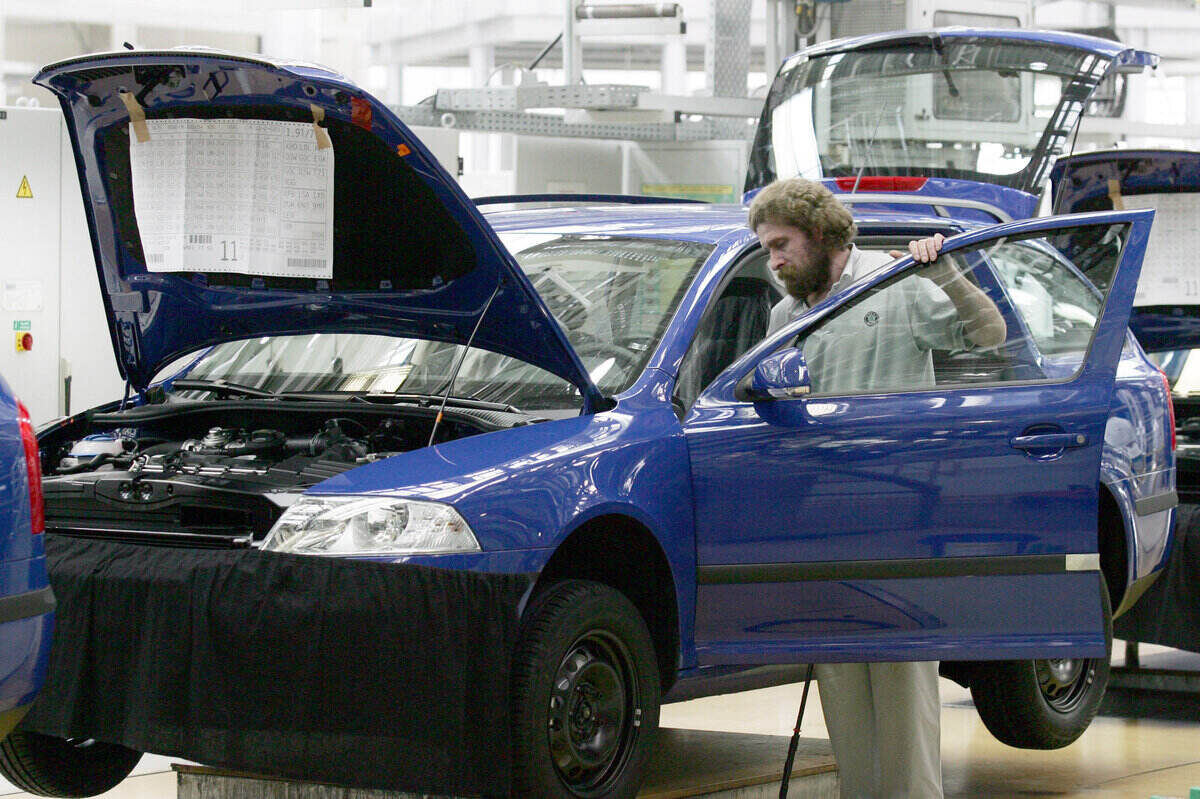Industrial production in the Czech Republic deepened its year-on-year decline in November, falling by 2.7 percent compared to the same month in 2022, according to the Czech Statistical Office (CZSO).
The drop marks an acceleration from the 2.1 percent decline reported in October, with car manufacturing and related industries contributing significantly to the slowdown.
On a month-to-month basis, industrial performance was down 1.5 percent, and the value of new orders decreased by 1.4 percent compared to November 2023. November’s drop represents the second consecutive month of year-on-year industrial decline after brief growth in previous months. For most of 2024, industrial output showed year-on-year increases only in February.
The production of motor vehicles and their components, along with rubber and plastic products such as tires, contributed most to November’s decline, said Radek Matějka, Director of Agriculture and Forestry, Industry, Construction, and Energy Statistics at CZSO.
“A long-term decrease in the manufacture of machinery and equipment further continued,” he added.
The decline was partially offset by growth in non-metallic mineral products and other processing industries, attributed to extraordinary orders and increased production ahead of the Christmas holidays.
New industrial orders in the Czech Republic rose by 3.1 percent year-on-year in November, but a 3.8 percent drop in foreign orders outweighed domestic gains.
“A decrease in the value of new industrial orders was the most contributed to by the manufacture of motor vehicles, trailers, and semi-trailers; however, this result was partially influenced by a higher comparison basis. The value of new orders in the manufacture of machinery and equipment decreased by a tenth, year-on-year,” noted Iveta Danišová from CZSO’s Industry Statistics Department.
The average number of registered employees in the industrial sector fell by 2% year-on-year in November. Despite the decline in employment, workers in the industry saw their average gross wages rise by 4.3% compared to the same month in 2022.
The November data highlights ongoing challenges in the Czech industrial sector, with car manufacturing — a crucial driver of the national economy — facing sustained difficulties.
The issue isn’t unique to Czechia, however. Its German neighbors have borne the brunt of the EV transition and falling orders, with several of the nation’s largest carmakers announcing mass redundancies over the past year.
In November, German car parts manufacturer Schaeffler announced plans to lay off approximately 4,700 employees at its European plants as part of a restructuring program aimed at maintaining long-term competitiveness.
The layoffs will impact ten factories in Germany and five others across Europe including two in the Czech towns of Lanškroun and Svitavy.
Similarly, Europe’s largest car manufacturer, Volkswagen, recently announced plans to close at least three German plants and reduce wages by 10 percent with thousands of jobs expected to be cut and bonuses canceled.
A grim forecast, reported by Handelsblatt this week and based on an analysis by restructuring consultancy firm Falkensteg, revealed that Germany was bracing for a sharp rise in bankruptcies this year, with an anticipated 25–30 percent increase compared to 2024, reaching levels not seen since the 2009 financial crisis.
Many of the insolvencies are expected to be linked to industrial sectors including automotive suppliers, mechanical engineering, construction, and healthcare due to increased energy bills, falling demand, and a dampened broader economic outlook.






